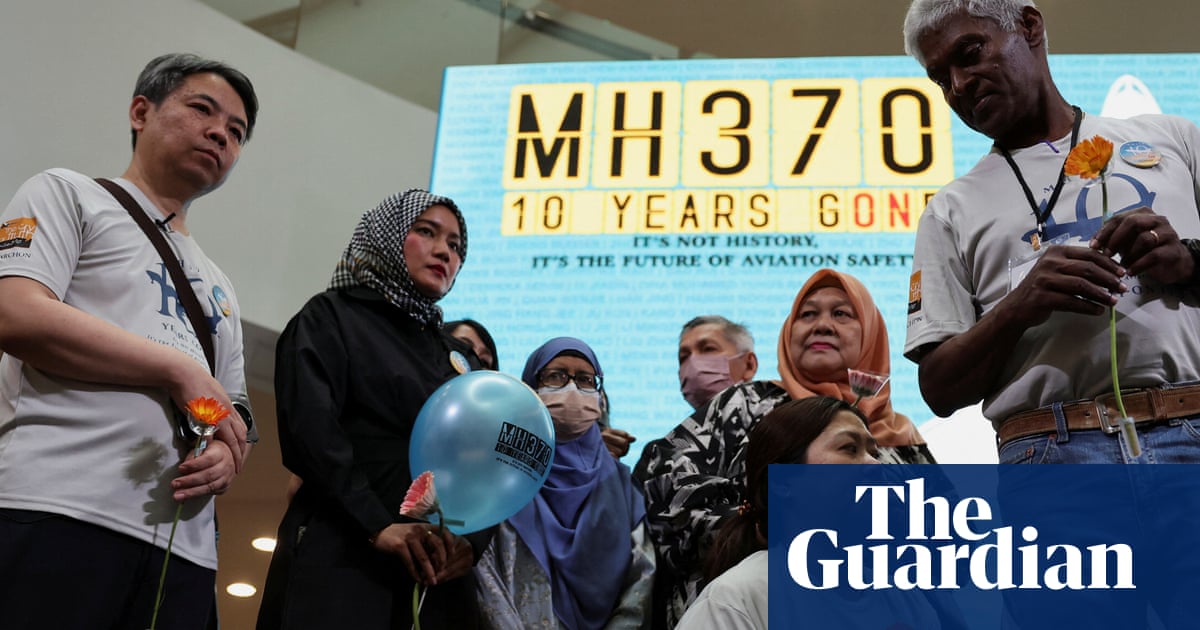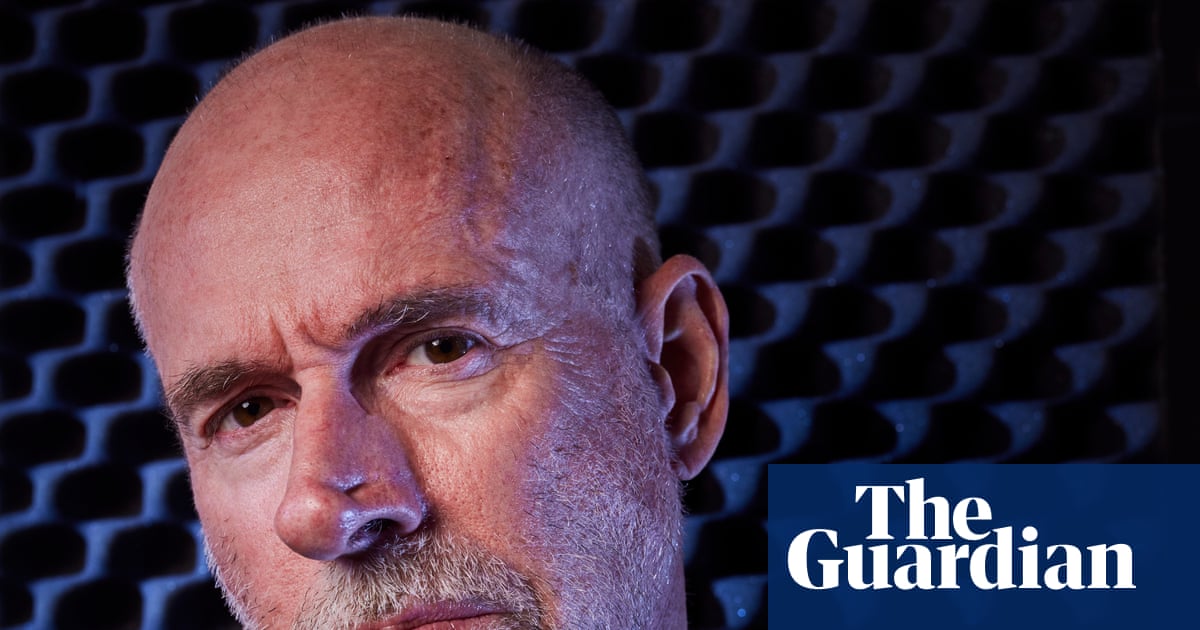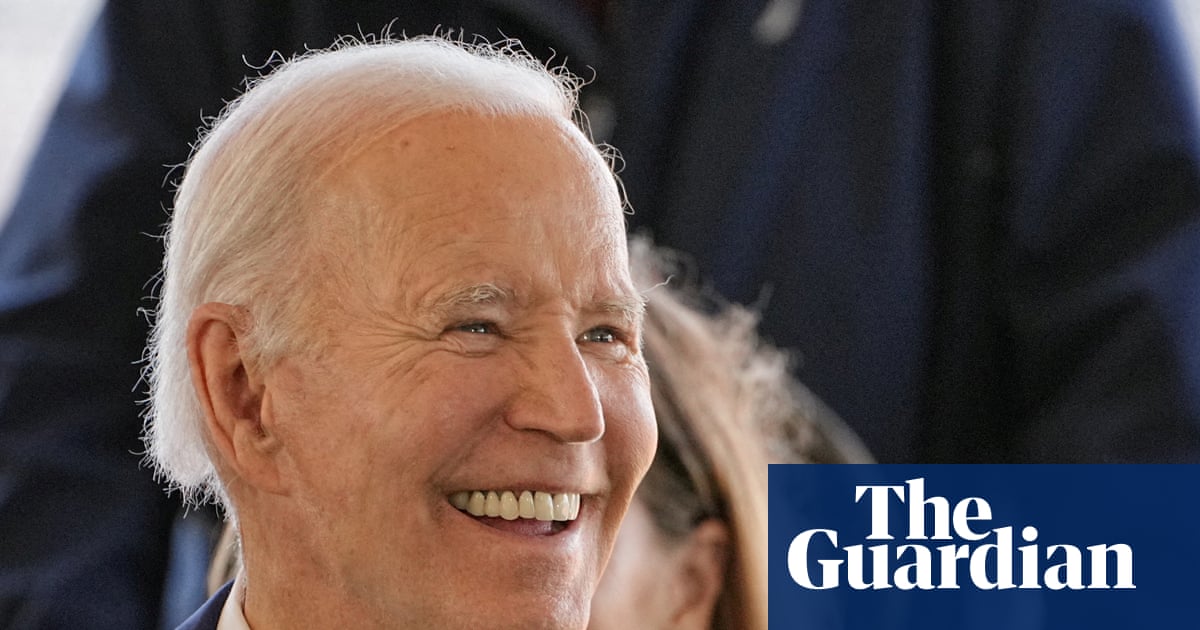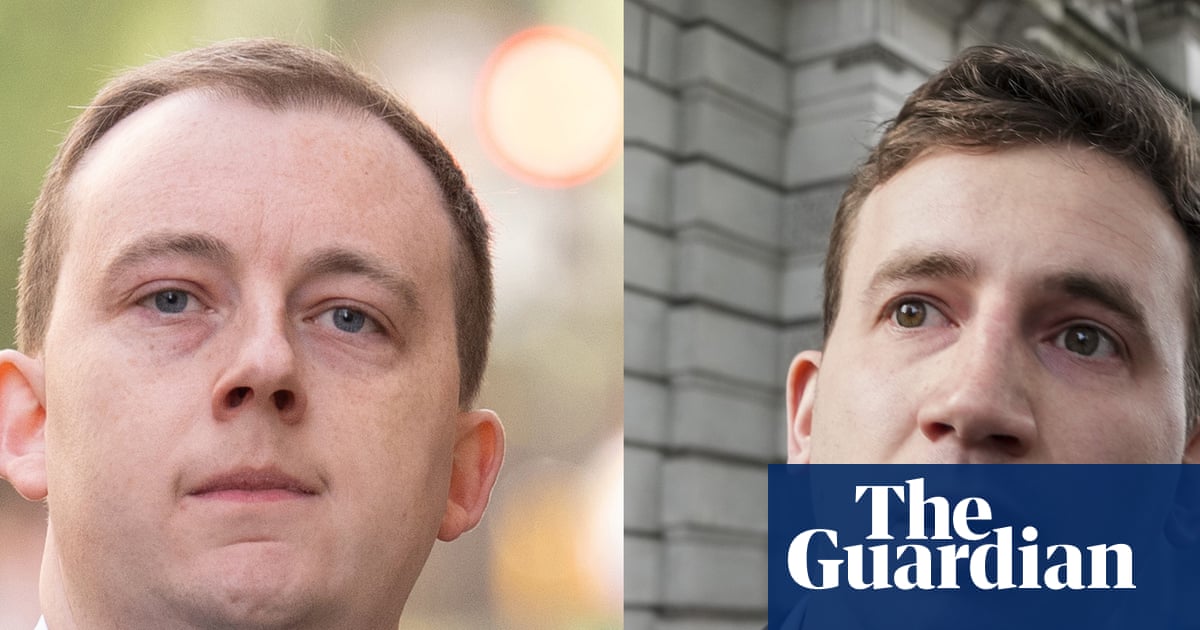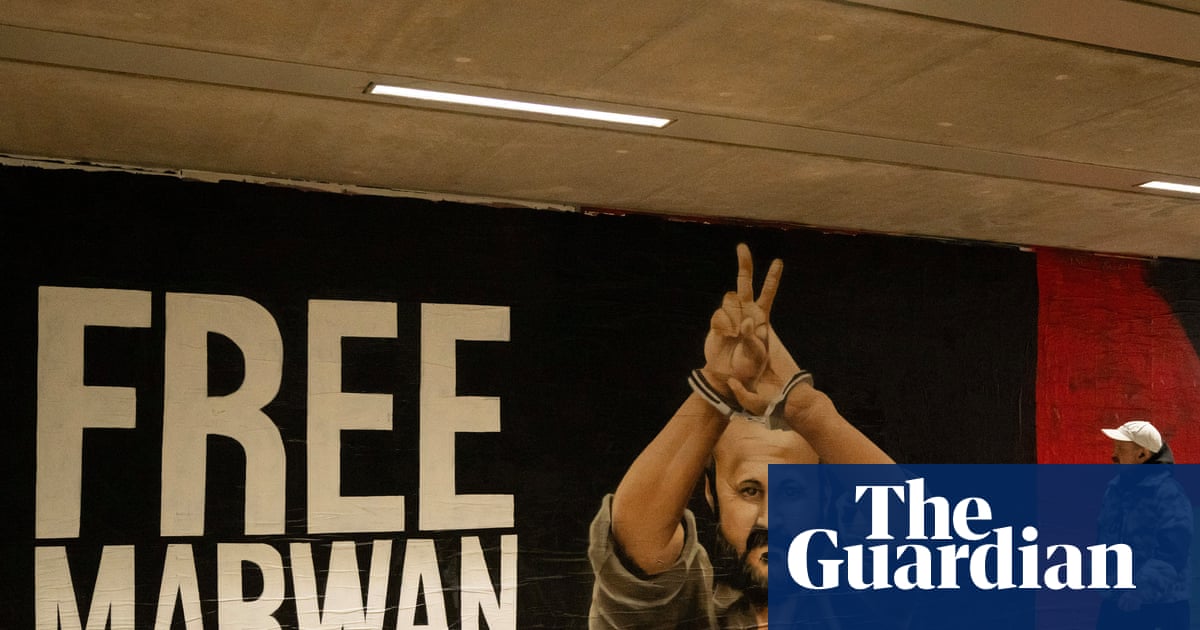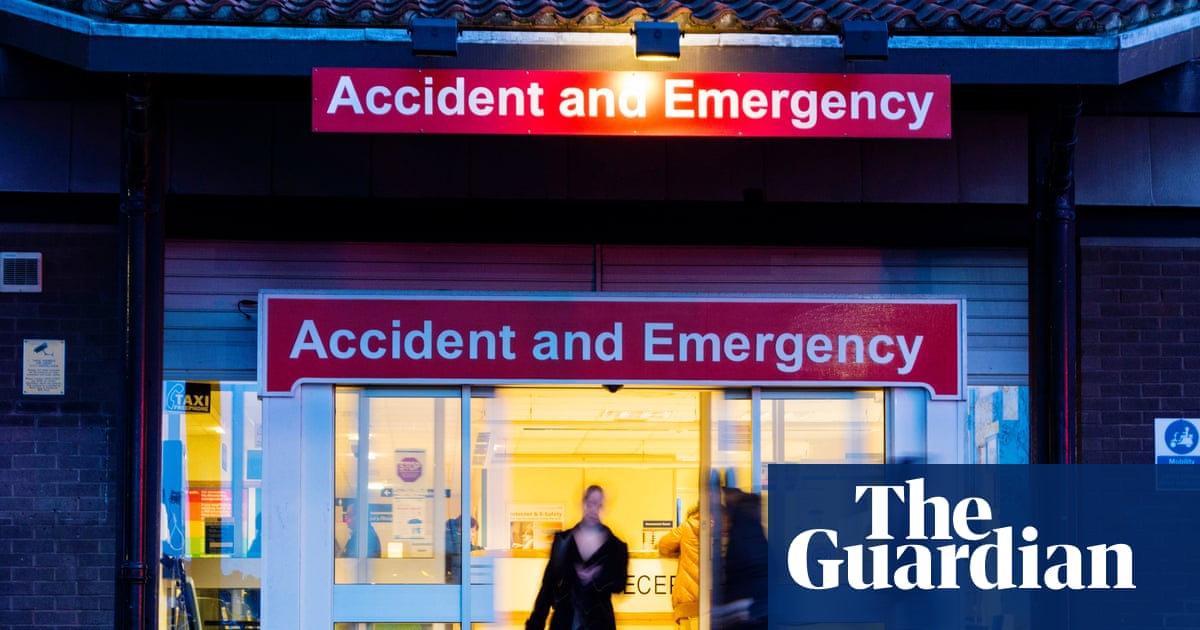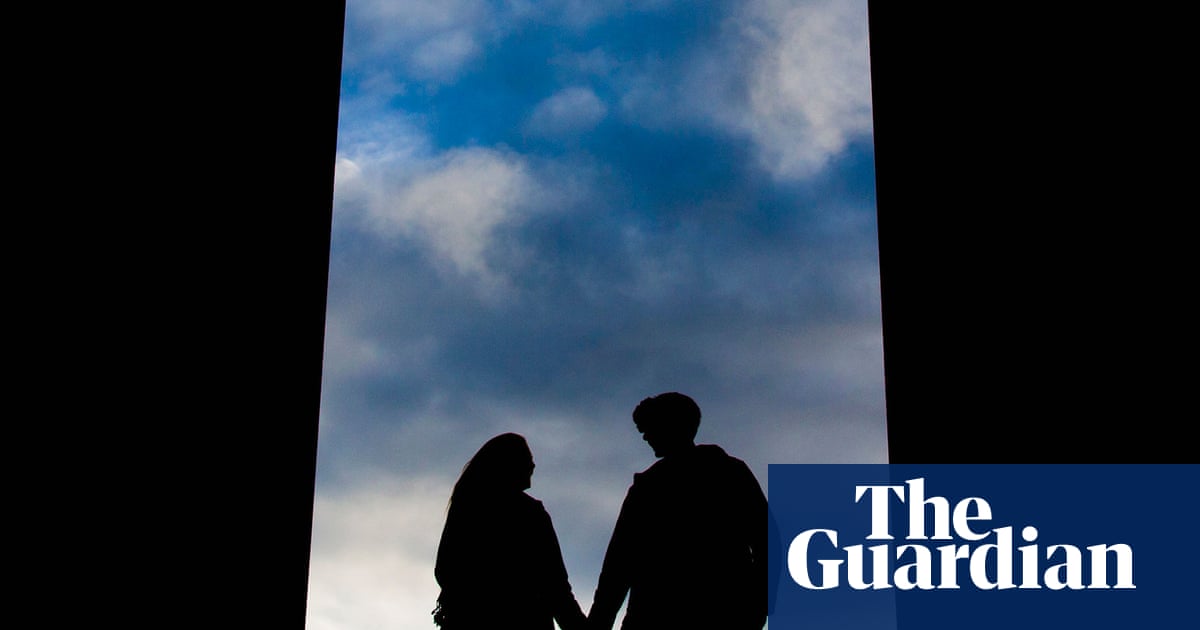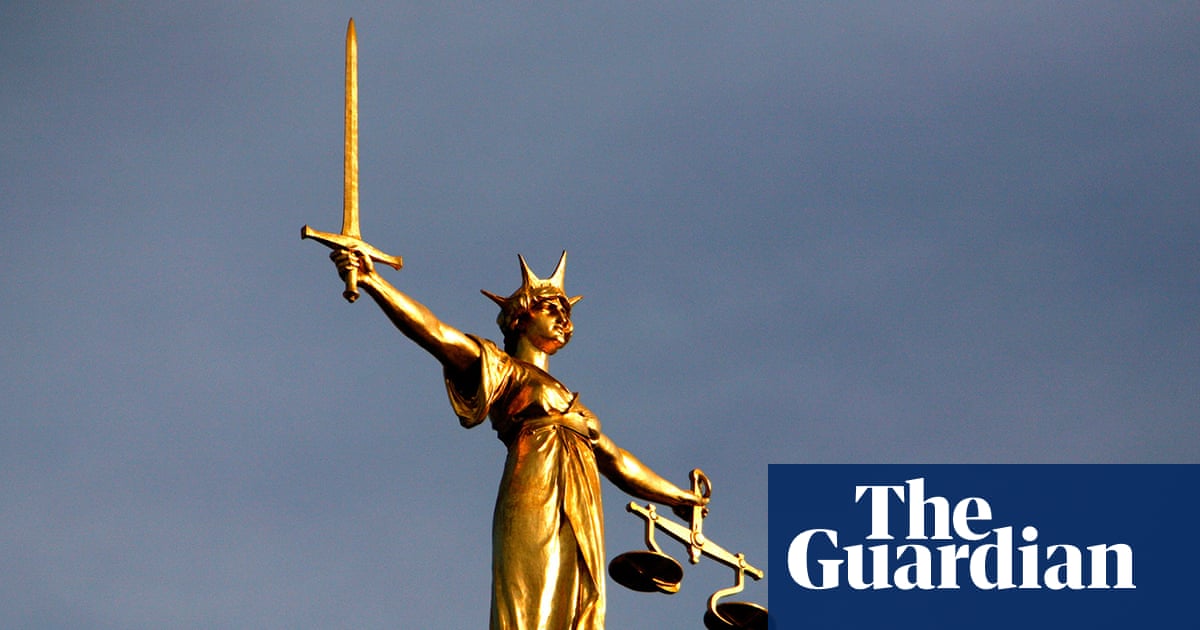For 733 days, Israelis have come to “hostages square” in Tel Aviv with a yellow piece of tape on their shirts bearing the number of days since 251 hostages had been taken captive by Hamas-led militants. On Thursday, the yellow stickers remained but the tally was gone. In its place was a simple phrase: “They’re coming home.”
For two years, protesters had occupied the square, which faces the Israeli military headquarters, with an encampment and held rallies demanding the hostages be returned from Gaza. The area was filled with art installations, pictures of the hostages and an electronic screen counting the days and seconds that hostages had been in captivity.
On Thursday, gone were the protest slogans Israelis had chanted for the last two years, calling on their government to secure the release of hostages. In their place were marching bands and crowds singing about the imminent return of their loved ones.
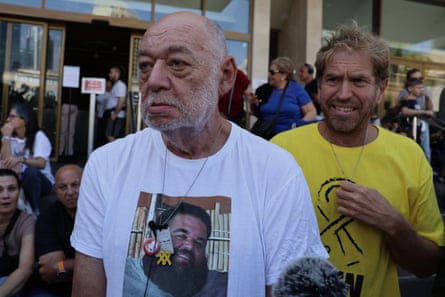
“I felt good when I heard the news, but I will feel much better when I see Eitan and the rest of the hostages. With God’s help, he will return on Monday from hell,” said Itzik Horn, a 73-year-old whose son is one of the 20 living hostages held by Hamas.
As he spoke a man blew a shofar – a ram’s horn that in Judaism represents faith and hope for the future – to the cheers of a surrounding crowd. People smiled as they looked at the photos of hostages that lined the square, hopeful that they might soon see some of their faces in person.
Just hours before, Israel and Hamas signed a deal to release all of the remaining living hostages held in Gaza in exchange for nearly 2,000 Palestinian prisoners by Monday, while the remains of some 28 dead hostages would be returned when conditions allowed. Israeli forces would also partially withdraw from the Gaza strip to prepare for the hostage release.
To the families of the hostages, news of the agreement was an end to a nightmare they had lived for two years.
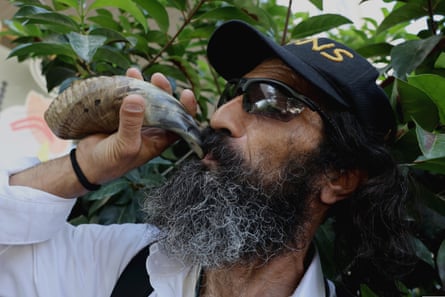
“All this time we went through hell. I felt that I was kidnapped – it’s true I wasn’t taken to the Hamas tunnels – but they also kidnapped me,” said Horn. His other son, Iair, had also been taken hostage, but was released during a ceasefire in February. Iair has been free for six months, but he is still unableto talk about his experience in captivity. When he tries, he is overcome by emotion and cannot speak.
While the ceasefire announcement was the closest negotiators had come to ending the two-year war in Gaza, which has killed more than 67,000 Palestinians and seen Israel accused of genocide, a permanent ceasefire was still a ways off.
The rest of Donald Trump’s 20-point plan, including disarmament of Hamas and the establishment of a transitional authority to govern Gaza, had yet to be agreed upon by negotiators. Israel continued to bomb the Gaza strip well into Thursday morning.
To most Israelis, however, the release of hostages was the focus. The rest was just details.
“I’m feeling fantastic, it feels like I’m in a dream. Two years of this, who would have thought that it would finally happen?” Margo Orton, a retired nursery teacher, said as she waved both an Israeli and an American flag. “Thank God for America and for Trump, if it wasn’t for them, they wouldn’t be coming home at all.”
The sentiment was shared among the hundreds of Israelis who rallied in Tel Aviv on Thursday. Mention of the Israeli prime minister, Benjamin Netanyahu, was mostly met with a scoff or even venom. Most protesters viewed him as having had elongated the war for his own political interests.

Mention of Trump, by contrast, evoked cries of praise, with people in Hostage Square wearing the ubiquitous “Make America Great Again” cap and even Trump masks. Earlier in the day, crowds chanted for the US president to receive the Nobel peace prize – something the US president has made little secret that he covets.
Still, some were still cautious in their optimism, reserving celebrations for when the hostages actually make it home. Agreements between Israel and Hamas were always fragile and had collapsed in the past; a ceasefire earlier had ended suddenly in mid-March when Israel unilaterally decided to resume hostilities in Gaza.

“I don’t trust anyone, I am a survivor of October 7. I just have to hope that – now that America is involved. Until we see everyone, all 48 of them, I won’t believe it,” said Sharon Kalderon, whose brother-in-law and his two children were held hostage by Hamas but released in an earlier hostage release.
Palestinians were similarly reticent about talks of a ceasefire, having had their hopes dashed more than once. If talks over the thornier details of the plan collapsed, so could prospects for a lasting peace.
To many Israelis, whether fighting resumed in Gaza or not was of little consequence to them once hostages were already safe at home.
“We will clear all of Gaza and Hamas and send them to their 72 virgins. Israel will catch every one of them, you will see,” said Orton, laughing as she referenced an Islamaphobic trope.

As afternoon dragged on, Israelis continued to show up, cheering as the families of hostages emerged on the steps of the library that overlooked Hostage Square. Most attendees hoped it would be the last time that they would be rallying in the square, which for two years had become a source of national unity through pain.
Horn had already began planning what he was going to say to his son when he returned home on Monday. The heavyset 38-year-old had appeared significantly thinner in videos released by Hamas during his captivity.
“I am going to tell him that he took it a little too far with the diet,” Horn said, laughing.

.png) 1 month ago
51
1 month ago
51
